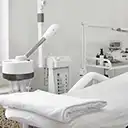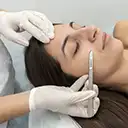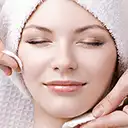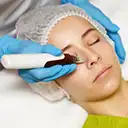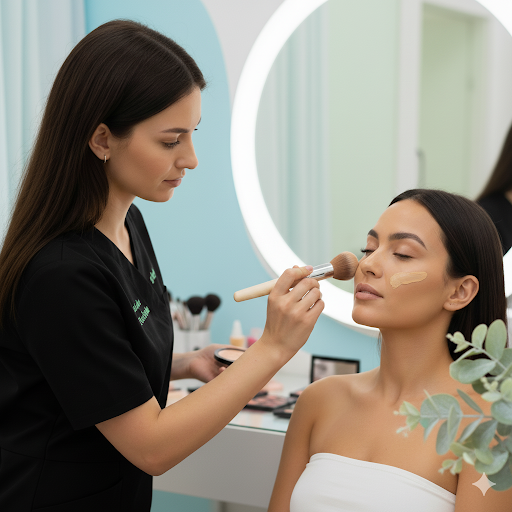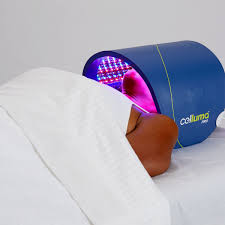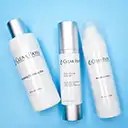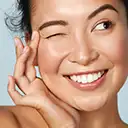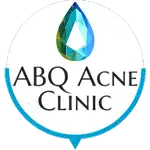Did You Know Protein Shakes Can Cause Acne?
July 7, 2014Tired of Struggling with Perioral Dermatitis? We Can Help!
September 18, 2015In this day and age we often feel safe when choosing products on the market which are labeled as “non-comedogenic,” “doesn’t clog pores,” “all natural,” “organic,” or “clears acne.” Statements like these can be profoundly misleading for the desperate acne-prone consumer. We often rely on the fact that a label, which states, “dermatologist approved,” is a product worth trusting. Companies realize this because people believe doctors have the consumer’s best interest at heart and they are much more knowledgeable about skin care-which generally is not the case. At the ABQ Acne Clinic we have reviewed many products endorsed by dermatologist and found pore clogging ingredients in most. Products like these would be an instant break out for most acne-prone consumers.
The truth of the matter is, the labels really do not mean much at all. The Food and Drug Administration does not regulate the beauty industry which includes hair, makeup or skin care products. This means a company can label their products with any claim they want, regardless of factuality. Terms like “cosmeceutical” is unregulated and has no legal meaning to it. The company using this term would like for the consumer to think it contains pharmaceutical-grade ingredients and to believe it will be better for their skin. When, in fact, it very well may not be.
Additionally, labels with “Dermatologist –approved or tested” is yet another term which often leads consumers to believe that numerous dermatologists have actually tested the product and gave their seal of approval. This term, in fact, typically means that only one dermatologist tried the product and liked it. Plus, many companies hire dermatologists to endorse their products. Regardless, consumers have no idea what level of expertise, experience or current license (or not) the dermatologist may have and how reliable the opinion may be.
Another common phrase found on numerous labels across the beauty industry is “hypoallergenic.” Currently there are absolutely no accepted guidelines, regulations, testing methods or procedures of any kind in the world for determining if a product qualifies as being “hypoallergenic” or not. Ultimately, does the consumer really know what they may be buying?
The way to bypass the marketing gimmicks found on most labels, is to read the ingredient deck. This includes the active ingredients and the inactive ingredients, both are equally important. This is where you will find more accurate information, which helps the acne prone consumer to choose their products wisely by avoiding all true comedogenic ingredients that exacerbate acne.
Kimberly Lovato, LE, Acne Specialist


